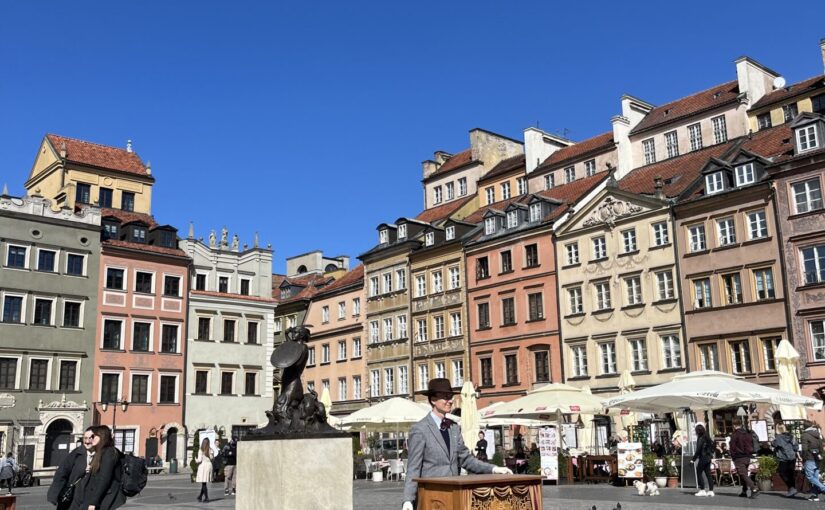Field of study in Wageningen: BSc Nutrition & Health
Study period exchange: 25/02/2024 – 30/06/2024
Country (exchange): Poland
City (exchange): Warsaw
University (exchange): Warsaw University of Life Sciences (SGGW)
Faculty (exchange): Human Nutrition Sciences & Food Technology
2. Motivation for exchange
Why did you choose to go on study exchange?
I really wanted to experience living for a longer period of time in another city/country. I also wanted to do this myself, getting out of your comfort zone. The Erasmus program is a very nice and relatively easy opportunity for this!
What is the reason you chose for this country?
I had never really visited the more eastern part of Europe, so I wanted to explore it. I also wanted to experience a different culture than what I am used to. Warsaw stood out because it offered many courses in my degree, which is why I chose Poland!
What is the reason you chose for this university?
For me, it was the only option I had in Warsaw. The SGGW offers a lot of courses in my field (Human Nutrition and Food Technology). The courses seemed very interesting, so the choice was easy.
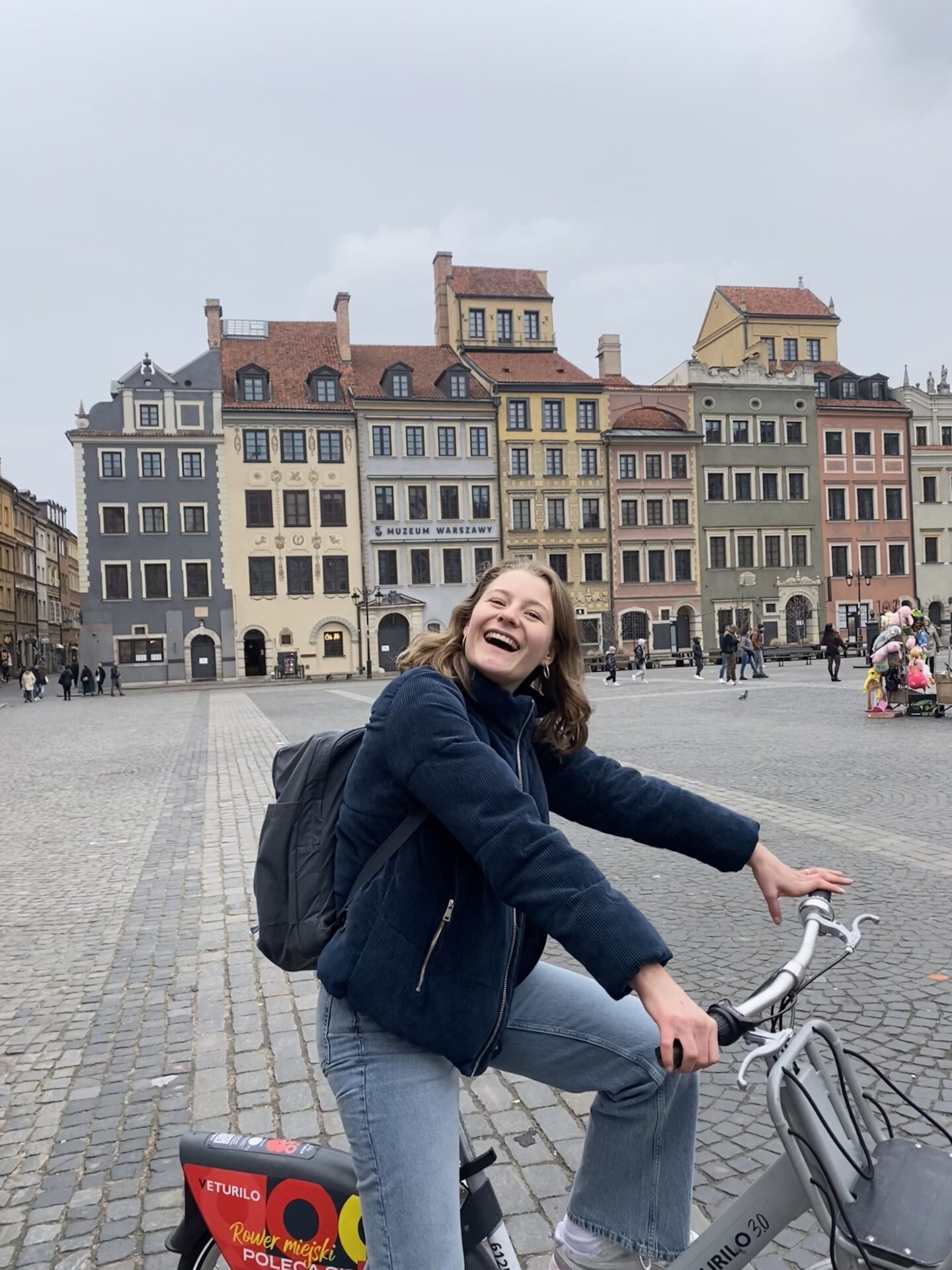
3. Accessibility to reach destination
Do you have any advice about reaching your exchange destination?
I arrived by train and left by car. The train is very comfortable and cheap, and an advantage is that you can bring as much luggage as you can carry. It takes many hours, but that was fine for me.
4. University and studying
Could you provide some general information about the followed courses?
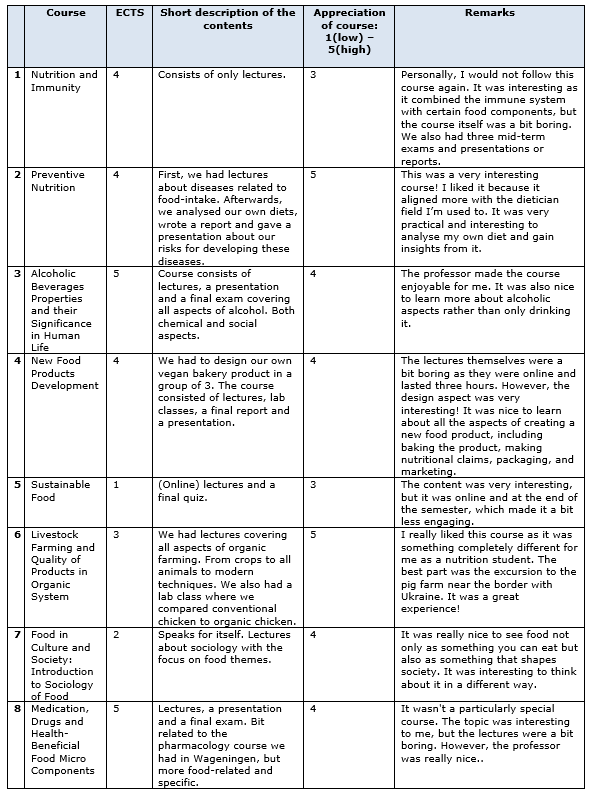
I had sufficient possibilities to select suitable courses that were taught in English:
Yes! There are many courses taught in English. However, the week before the semester started, half of the courses I wanted to take were cancelled. I still had options, but it was more difficult to fit them into my schedule. Almost everyone had this problem, which was a bit annoying a few days before the start, but it worked out well for everyone.
I had sufficient possibilities to select suitable courses in my field of interest:
Yes!
I am satisfied with the level of the courses that I followed:
Yes! The academic level is lower than at WUR, but still interesting and more practical, which I really liked for a few months.
I am satisfied, in the end, with the selection of courses I followed:
Yes! It was a good combination of different faculties and methods of teaching.
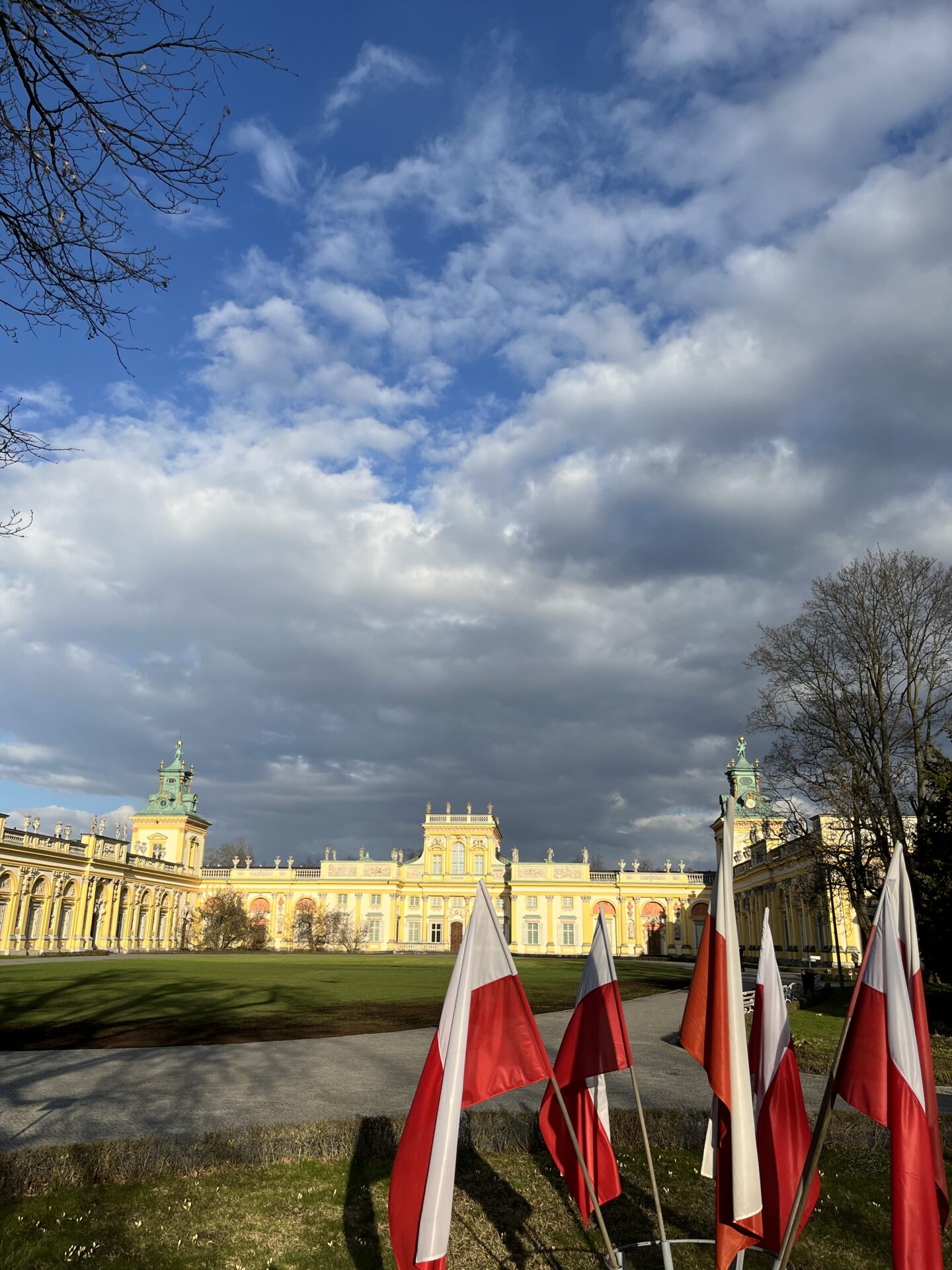
What is it like to study there?
It was nice to experience another university and get out of the Wageningen bubble. They don’t use periods as we do in Wageningen; instead, you follow your courses throughout the semester. So you have one lecture for each course each week. The professors are very interested, flexible, and helpful. The workload was lower than at WUR, which was nice because it gave me more time to explore Warsaw and Poland!
What is the culture of the university?
All my classes were with other international students, as the Polish students take their courses in Polish. This is also why I had some courses with only 3 students. This made it more personal and interactive, which I liked. However, the English of the professors was not always that good, which made the lectures sometimes hard to follow.
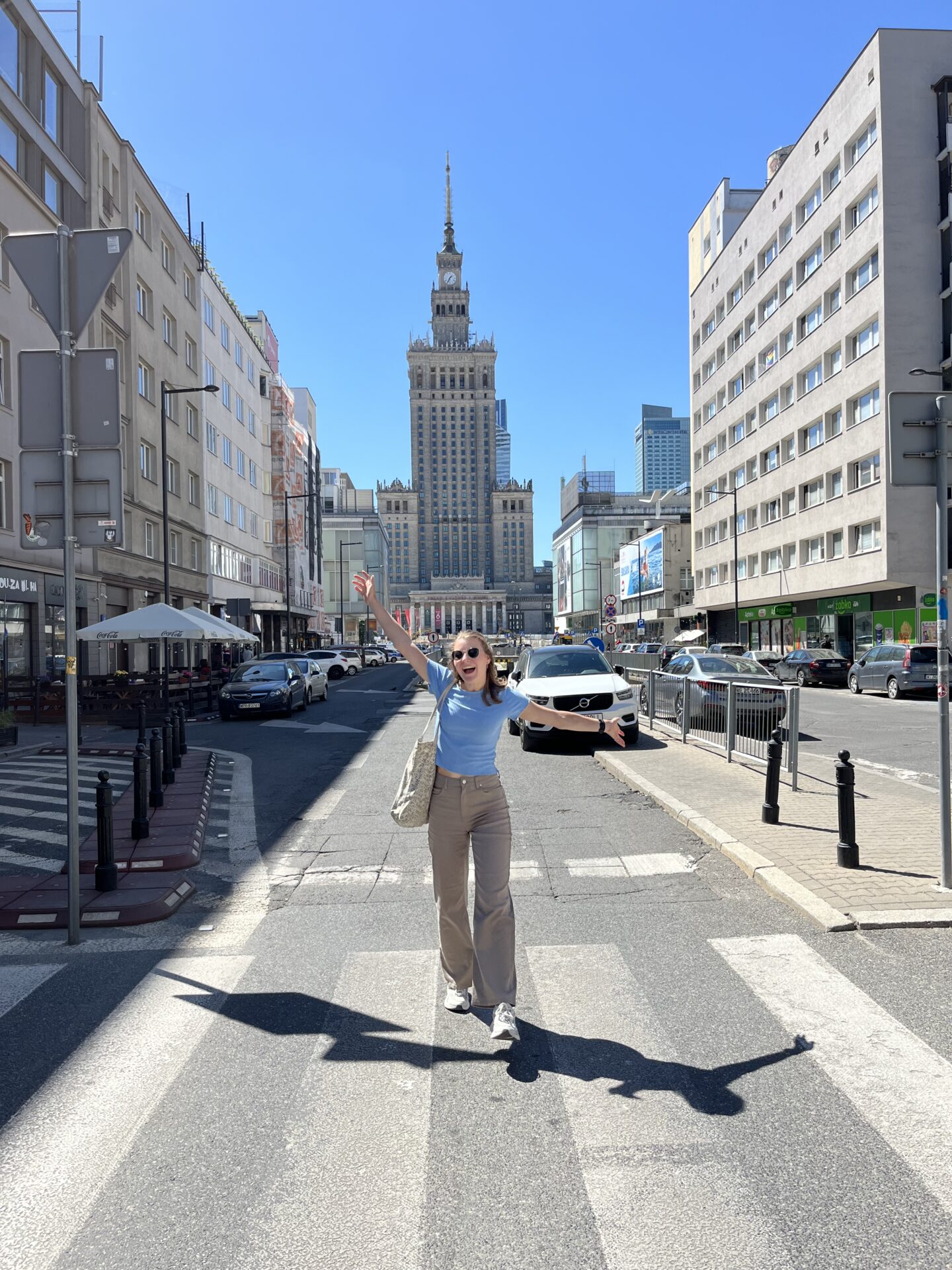
What does the university offer students additionally?
The campus of SGGW is very large, with multiple canteens, dormitories, a sport center with a swimming pool and a library. I didn’t really use these faculties as I was not living in the dorms. There is also an ESN at SGGW, which organises fun activities to get to know other Erasmus students.
5. Housing-traveling-living
What are the possibilities for housing?
The university has dormitories on campus where you share your room with either one or two other students. This is cheap, around 115 euros per month, but don’t expect much. I wanted to live closer to the city center, as SGGW is located more in the south (approximately 40 minutes by public transport). It takes more time and energy to find a room, but it was absolutely worth it for me! I really enjoyed living closer to all the events and experiencing city life. I recommend using the website ‘Pepehousing’ and Facebook groups to find a room yourself. However, this is more expensive, ranging from 300 to 550 euros per month.
What is the culture like?
In my opinion, Poland is very underrated. The country itself is much more modern than everyone expects, especially Warsaw. However, not many people speak English, which makes random conversations sometimes very hard. The cuisine mainly consists of foods like potatoes, cabbage, beetroot, and different kinds of meat. Pierogi, a type of dumpling, are really nice! As Warsaw is a very modern city, there are many vegetarian and other cuisine options as well.
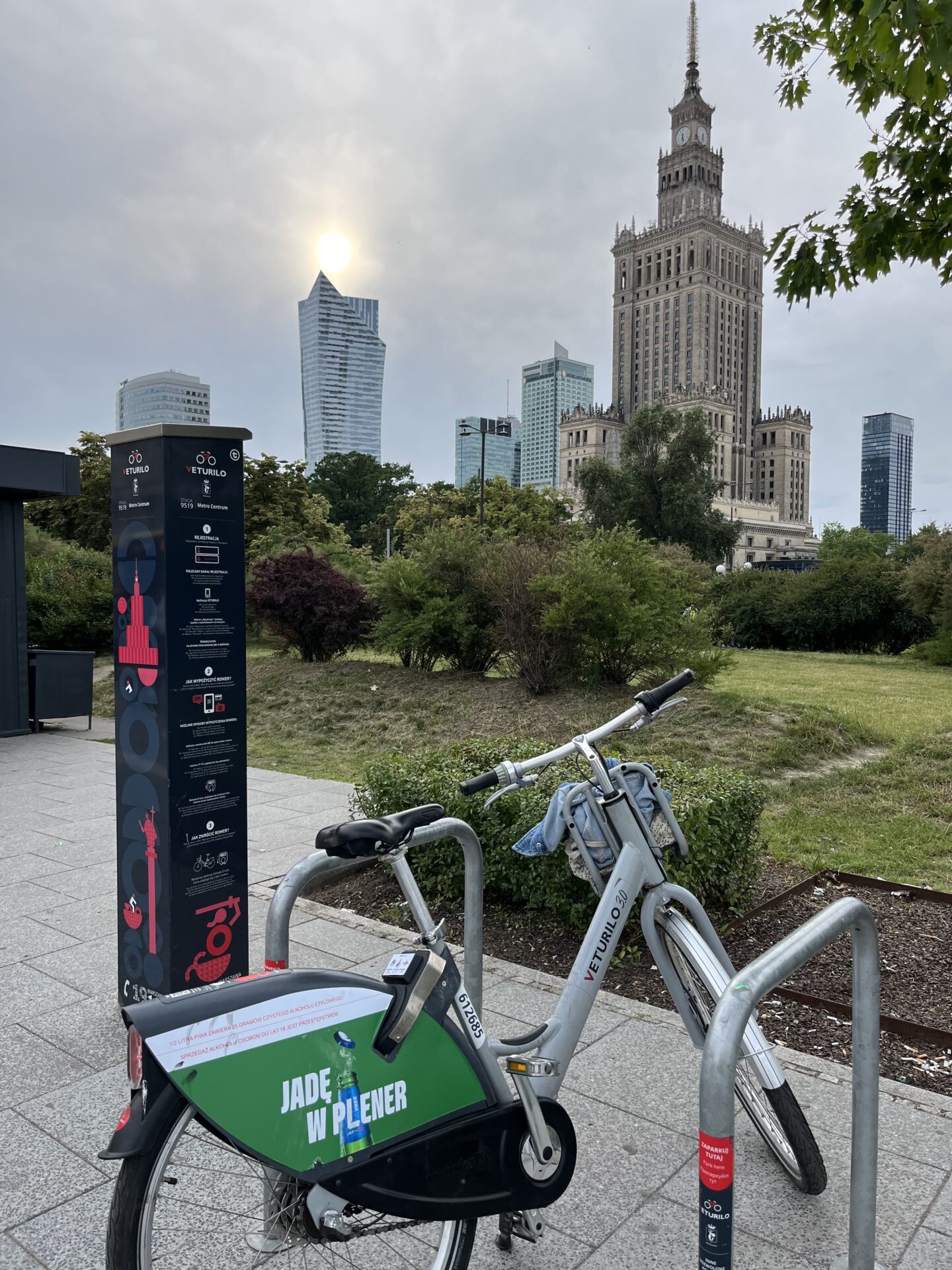
Could you give some information about public transport infrastructure?
The public transport in Poland is fantastic!! I paid 35 euros for a public transport card for 3 months with student discount. This is valid on buses, trams and metros. As I lived in the city center, I took the metro to university and then walked 15 minutes to the campus. Taxis are also very cheap. Moreover, Poland has many train connections which are cheap with student discount (51%!), easy and well structured.
6. Expenses
Can you give an indication of your expenses for/during your exchange?
In general, Poland is cheaper than the Netherlands. This depends, of course, on what you are comparing, but especially housing, restaurants and public transport are cheaper. Coffee and cake were even more expensive than in the Netherlands, which I didn’t really like ;).
7. Free time
What are must-sees in the area?
There are a lot of parks in Warsaw; it is a green city. When the weather is good, the riverside is a very pleasant place to be. Warsaw was almost completely destroyed during the Second World War, which is why the city is not that classic anymore. They rebuilt the Old Town, which is very beautiful with many colorful houses and a nice promenade leading up to it. Warsaw also has many skyscrapers and more modern parts. There are numerous museums, some of which are free one day per week. The main university’s library and rooftop garden are also recommended. There are also many bars and clubs with a lively atmosphere at night. You can enjoy a nice view over the city from the top of the Palace of Culture and Science.
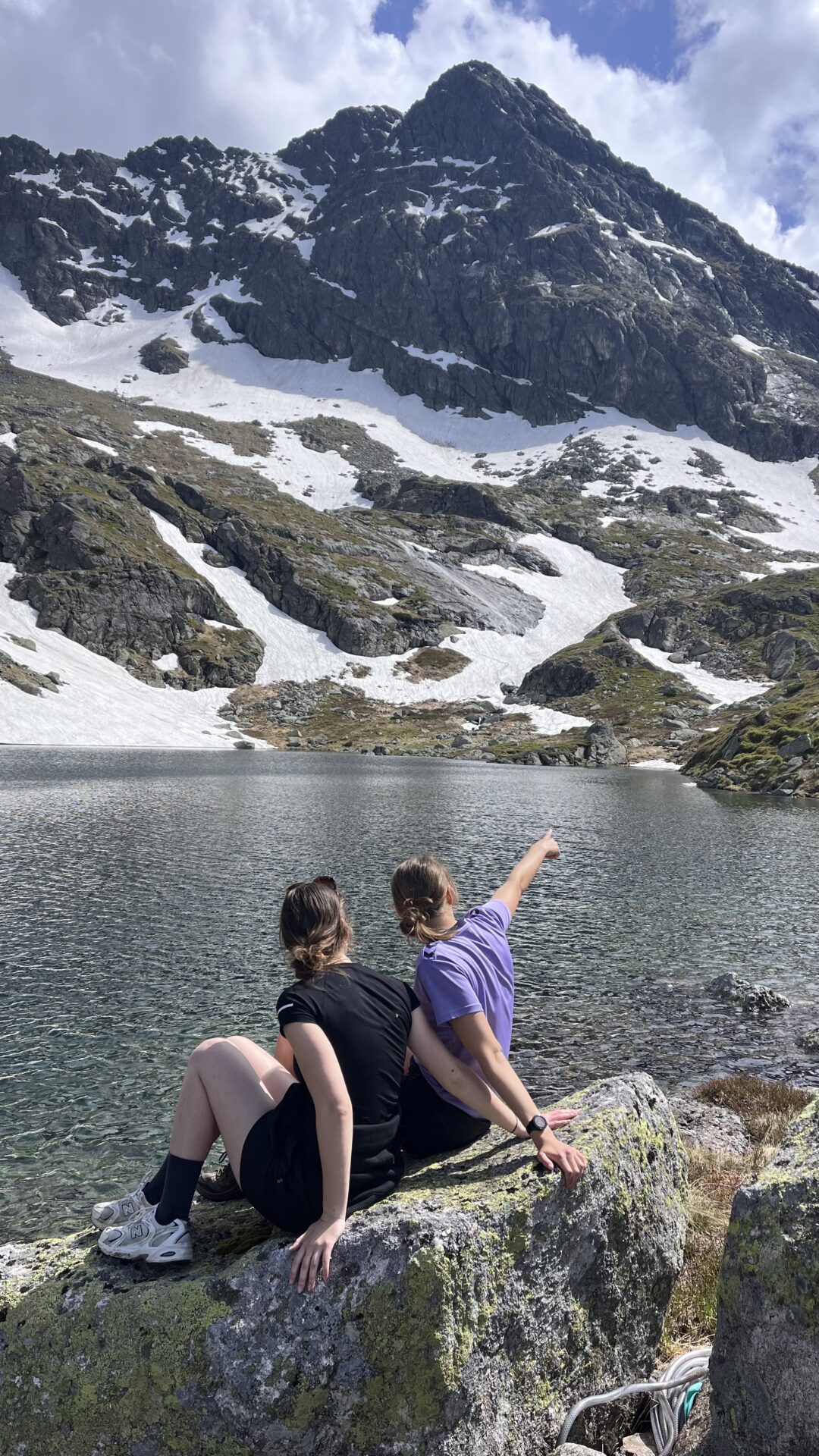
I explored a lot of Poland itself by train as well. Cities such as Kraków, Toruń, Gdańsk, and Wrocław are very nice. I also highly recommend visiting Zakopane, a place in the south of Poland in the mountains.
What does not appear in a travel guide, but is definitely worth seeing/doing?
Park Szczęśliwicki is not that popular, but it has a nice view over the city.
8. Challenges & best moment abroad
Any challenges? How did you deal with them?
In the beginning, it was a bit hard for me. Being alone in a big city without knowing anyone was a big change from Wageningen, where I knew a lot of people. But it takes time to meet new people, and everyone is really motivated to make new friends! It also took some time to get used to the different university system and the fact that almost no one speaks English. It was very confronting at first, but now I can laugh about some of the situations I had.
Best memory?
The best memory is the sunrise I saw from the park overlooking the city. It was the end of the semester, the weather was good, and I was with the friends I had made. It was a moment of realization that you are building your life in another country with people from all over the world! An experience I would recommend to everyone :).
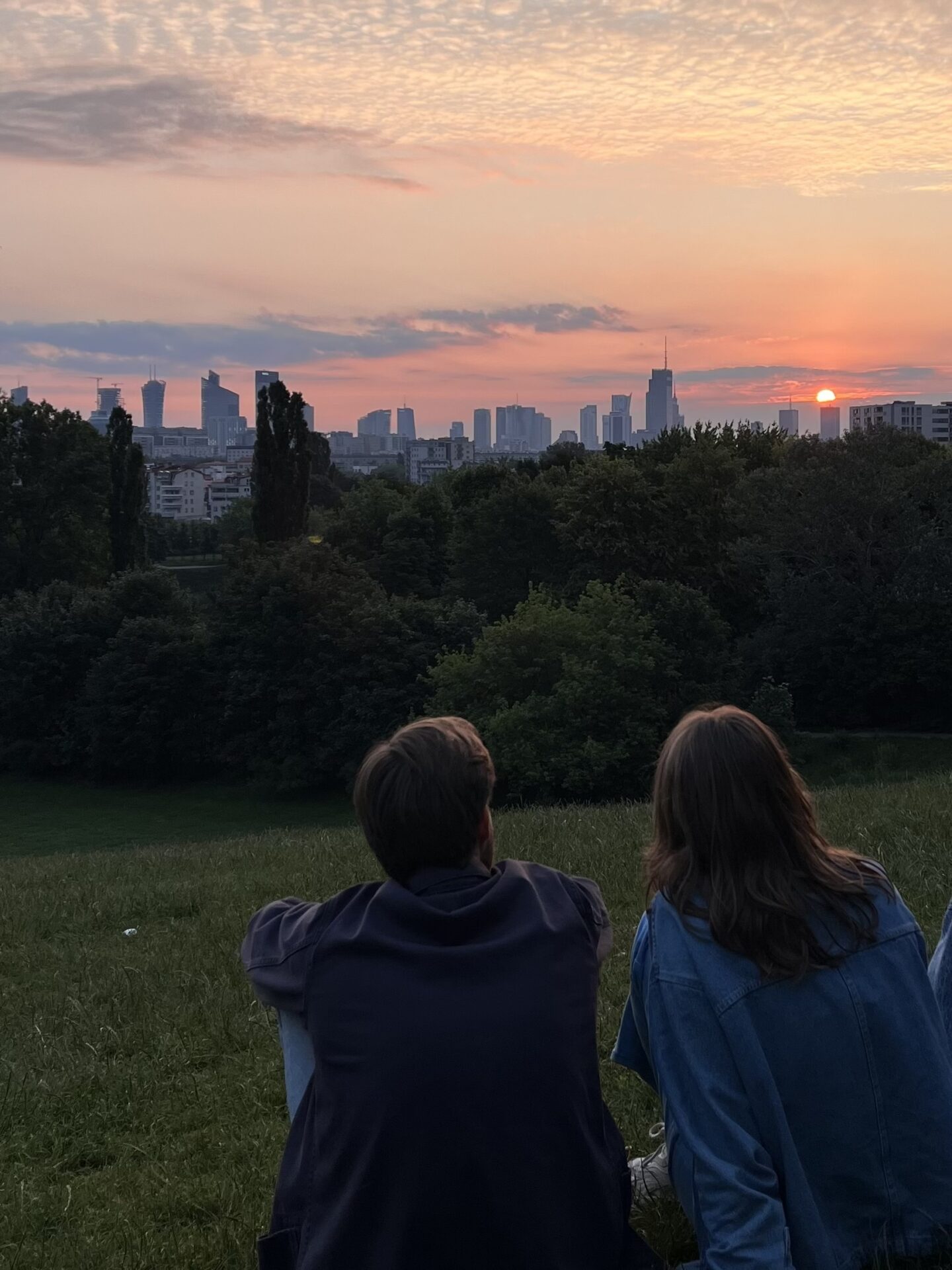
8. Contact Details
Would you like to ask Esra more questions about her exchange?
Send her a mail: esra.veul@wur.nl

